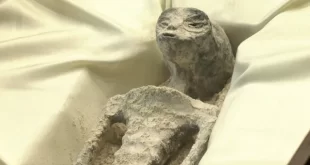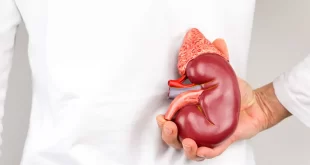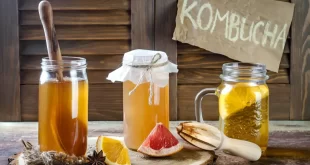The field of aging, or “aging” as researchers call it, is currently experiencing a remarkable surge. Its primary aim is to comprehend the factors responsible for aging and, most importantly, how to combat them. It is astonishing to observe how nature invests in the longevity of its subjects, particularly in secure environments. This contrast is evident between a butterfly and an elephant, going beyond mere size. It demonstrates that each species possesses its own biological clock, embedded in its genes, governing its lifespan.
Genetic Programming of Our Lifespan
Our genes, from the onset of our existence, play a pivotal role. Some are indispensable for our initial development but may prove detrimental in the long run. For example, genes that stimulate cell multiplication to foster growth can later encourage cancer development. Similarly, the gene responsible for calcium absorption, vital for bone solidification, could contribute to the hardening of our aging arteries.
Taking Action in Our Environment: The Key to Longevity
While we cannot defy our biological clock, we have the power to influence our environment. In addition to conventional advice, the numbers speak volumes:
- The Impact of a Balanced Diet: A healthy diet can increase longevity by nearly 35%. This is a remarkable statistic, surpassing what we might hope to achieve by eliminating cancers, cardiovascular diseases, or diabetes. These conclusions, initially established in rats and various other species, hold promise for their confirmation in humans.
- Resilience to Stress: We are not talking about monastic experiences, but rather observations conducted on earthworms! Worms possessing a gene that makes them more stress-resistant live significantly longer than their counterparts lacking this trait. This raises the question of our capacity, as human beings, to learn to tame our own stress without relying on a specific gene.
Conclusion: Eating Well and Cultivating Serenity
In summary, if we aim to extend our biological clock, two essential pillars emerge: a balanced diet and stress management. These two factors, while independent of our genetic programming, play a crucial role in our longevity. So, let’s nurture a healthy diet and inner serenity to prolong our precious biological clock.
 medjouel.com Study Non Stop
medjouel.com Study Non Stop



